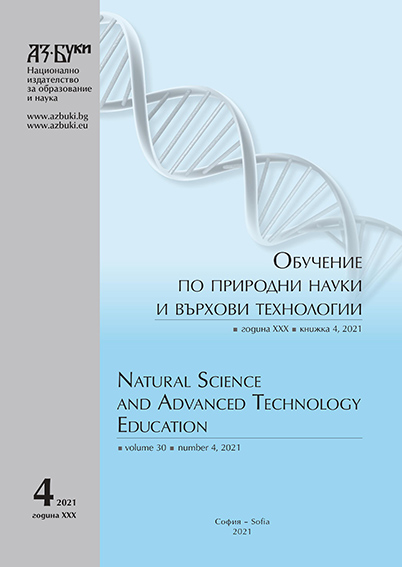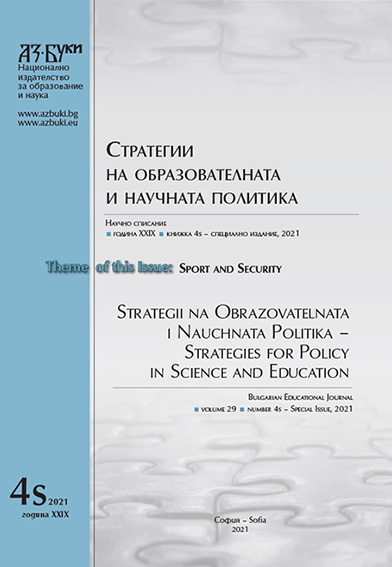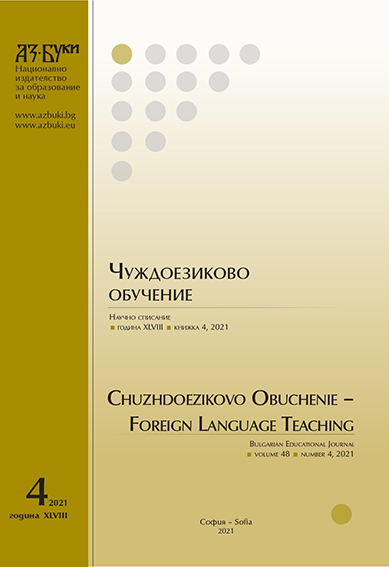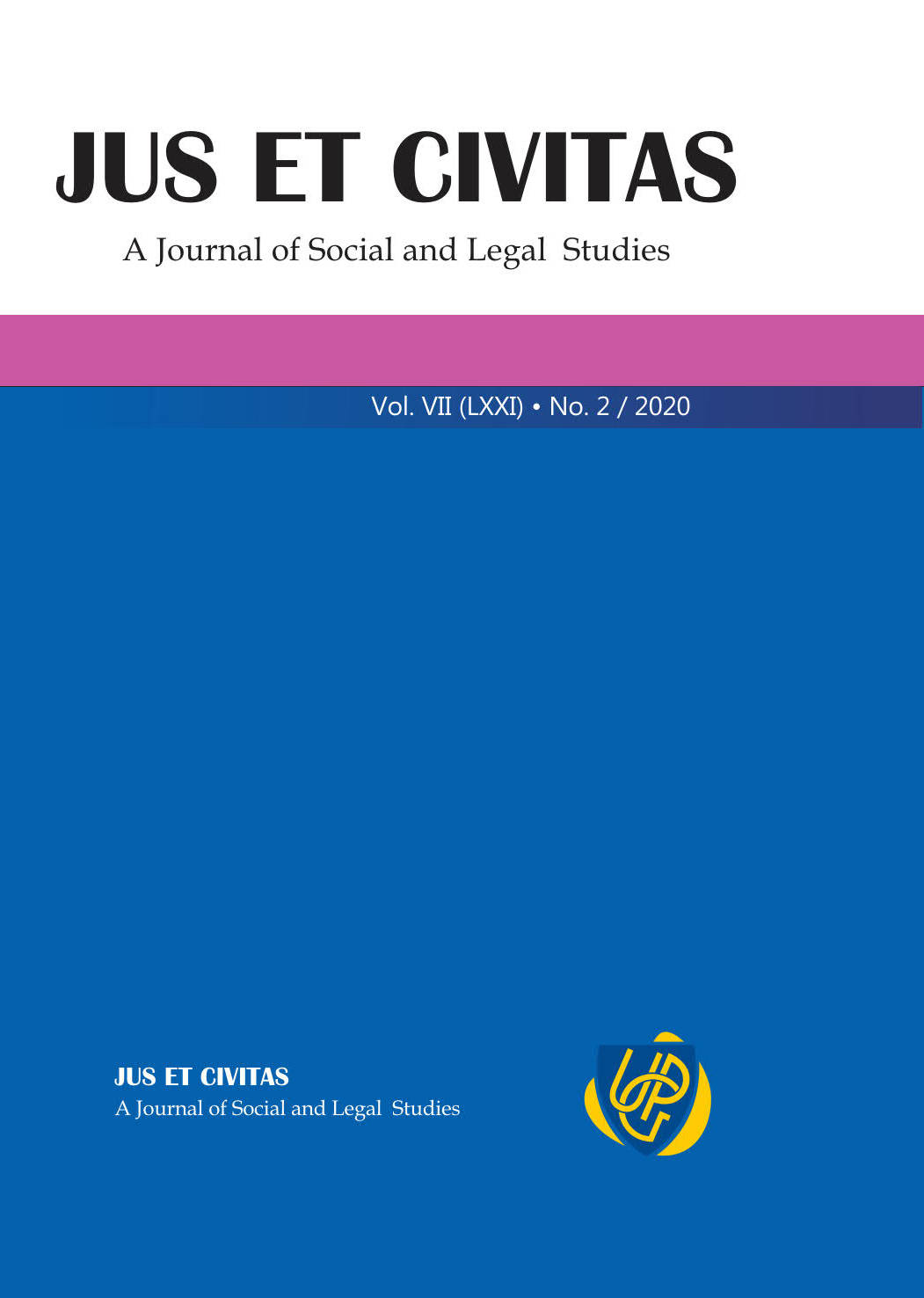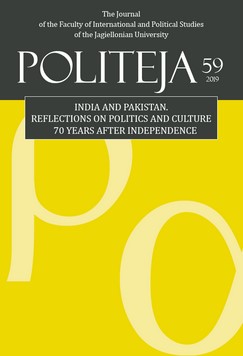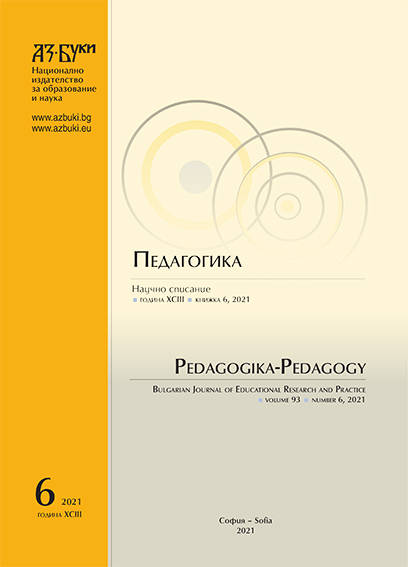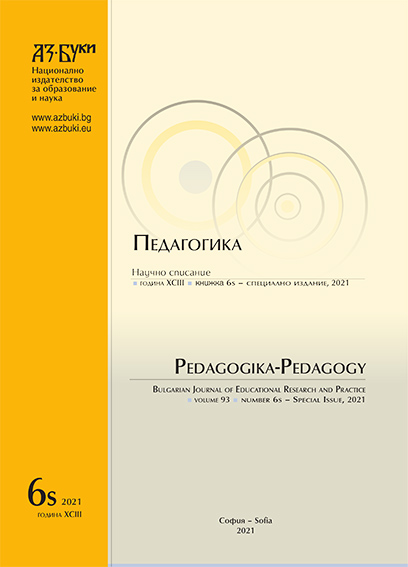Author(s): Nedad Vulić,Karlo Bratić,Branko Lalić,Ladislav Stazić / Language(s): English
Issue: 6s/2021
Technical rules of IACS classification societies require that calculations of torsional vibrations for all propulsion shafting systems, as well as for shafting systems of auxiliary machinery above certain power, shall be prepared, submitted and validated for the vessels requesting the class certificate. These calculations may be approached either by conventional analytical models based upon systems of ordinary differential equations describing the actual dynamic system, or by simulation modelling of the same dynamic system. The research team of the authors has been established within the R&D Centre of the Faculty of Maritime Studies at Split. The aim of the team is to investigate possibilities and constraints for implementation of the SimulationX software to the simulation modelling of torsional vibrations of dynamic systems, such as marine propulsion and auxiliary shafting. In general, results of these calculations depend upon the concept of the system (two-stroke vs. four-stroke Diesel engine, torsional vibration damper present or not, flexible coupling present or not, fixed pitch or controllable pitch propeller, etc.), dimensions of components, their material properties and service loading. Propeller load modelling within the service loading is very important. Even the preliminary research results show that its simplest part, i.e. the steady-state propeller loading of the system without taking excitations into account, may have a significant influence on the results of torsional vibrations calculation and consequently even to their acceptability by the class society. For this reason, the present paper describes two different ways to express propeller steady-state loading formulations, as prescribed by different sources and authorities, as well as their influence on the torsional vibrations calculation results and meeting the criteria of the IACS Unified Requirements, presenting them in a real verified and validated case study.
More...
